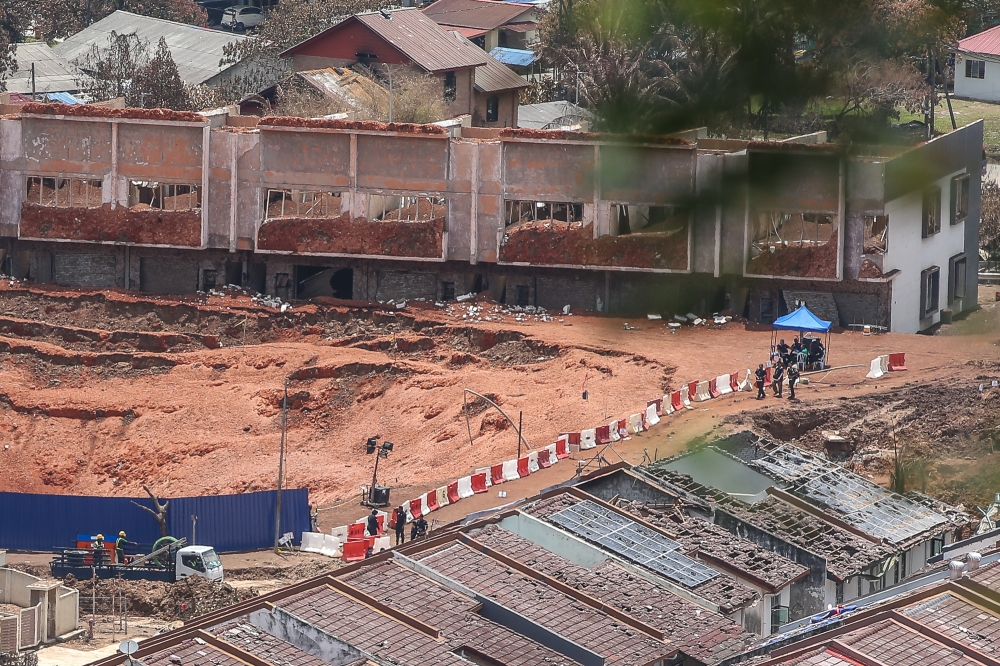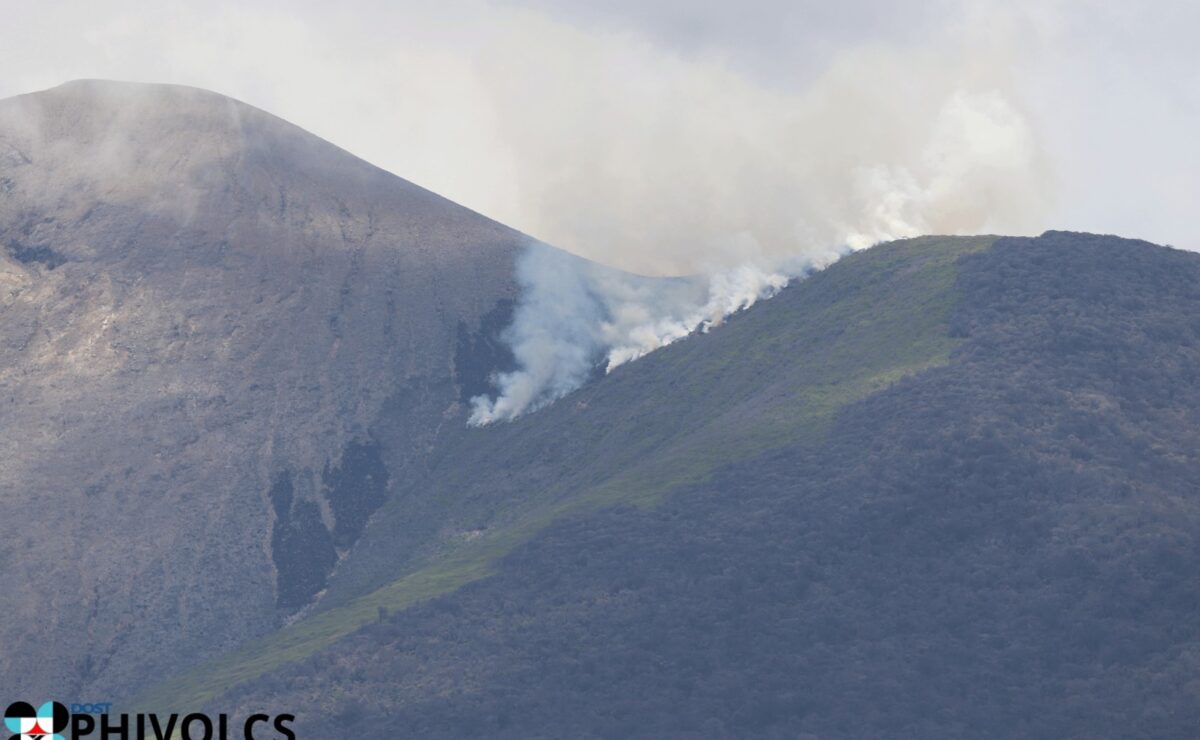Youth across the North-Eastern region of Kenya have been encouraged to take a leading role in combating climate change through innovation, gender inclusivity and grassroots solutions. This clarion call was made when the Inclusion Climate Innovation Lab officially launched its Regional Lab in Wajir County. The North-Eastern Lab in Wajir featured ten young climate change makers, activists and leaders from Wajir, Mandera, Garissa and Isiolo counties.
Participants were chosen based on merit through an intensive selection process, and they will receive mentorship, storytelling tools, training in donor preparedness and accessibility to policy engagement avenues that can transform grassroots innovations into national and global impacts. This initiative, currently at the piloting stage, will also be implemented in other marginalized areas, including around Kakuma Refugee Camp and the Coast and Lower Eastern Regions, utilising a decentralised model that focuses on hyper-localised climate innovations, leadership, and solutions. During the official launch of the Inclusion Climate Innovation Lab in Wajir County on Saturday, the Wajir County Chief Officer for Gender and Social Services, Deka Olow, emphasised the importance of youth leadership and gender inclusion.

Olow praised the increasing participation of women in climate and innovation sectors, stating, “I’m proud to see more young women stepping forward. While I represent all residents, witnessing this shift toward greater inclusivity is inspiring. Our sisters are rising, and they must continue to lead.
” The chief officer further emphasised that empowering young women was crucial for sustainable development. This was echoed by Fatuma Hussein Hassan, the regional host for North Eastern under Collaborative Approach Consultancy, who highlighted the programme’s commitment to uplifting young women innovators, noting that the objective is to ensure that 70 per cent of participants are women and girls. She stated, “Women are not just participants in this space; they are leaders.
Their innovations, experiences, and insights are vital in crafting effective gender-sensitive and responsive climate responses.” Fatuma emphasised that climate change disproportionately affects women and girls in arid regions, making their inclusion essential for achieving climate justice. Olow further highlighted the investments made by Wajir County in youth empowerment through vocational training and startup support, particularly in areas such as catering, car washing, and beauty services.
She urged participants, “Don’t let this be just another workshop. Apply what you learn here and tap into these networks to spark real change in your communities. Each of you has the potential to drive transformation in your counties and at the community level.
” According to Harun Mwadena, Managing Director of Collaborative Approach Consultancy and Network Chief Weaver of the Network of Grassroot Organisations and Movements, the programme emerged from scientific research conducted through the Possibilists Study and findings from the GESSI Report by the British High Commission in Kenya. These studies revealed critical gaps in peer support, funding and mental wellness for young innovators in underserved regions, who are often left behind despite their remarkable efforts to create “A Better World”. He stated, “Too often, young leaders have great ideas but lack the backing to scale them.
These labs are not just about projects or programme-based interventions; they’re about people. We’re creating a platform for them to be heard, seen, and supported and to lead.” Mwadena commended the Wajir County Government for its leadership in sustainability, showcasing initiatives such as the governor’s office’s transition to solar energy and the county’s plan to expand clean energy access to all critical services, including healthcare.
He remarked, “These are the kinds of bold steps we want to highlight, and we want young people to be part of designing and delivering such solutions. This lab is just the beginning, and we are committed to promoting Gender Equality and Social Inclusion within Climate Change spaces.” The Inclusion Climate Innovation Lab is designed to elevate the voices of marginalized young leaders, activists, and change makers in climate action and become a champion for climate justice while ensuring “Reaching Those Furthest Behind First”.
The climate innovation lab is an initiative led by the Network of Grassroot Organisations and Movements, courtesy of Collaborative Approach Consultancy, and has been funded by the Ministry of Foreign Affairs, represented by the Embassy of Ireland in Kenya. The lab seeks to equip young climate leaders, activists, and changemakers, especially those from historically marginalized and arid regions, with the skills, mentorships, platforms, and resources needed to advocate for and scale climate resilience, climate justice, and sustainable development, hence “Reaching Those Furthest Behind First for A Better World”. Also present were representatives from the Kenya Red Cross Society, local civil society organisations and youth-led groups who emphasised the need for stronger partnerships.
.
Top

Youth lead grassroots climate innovations in Northern Kenya

Youth across the North-Eastern region of Kenya have been encouraged to take a leading role in combating climate change through innovation, gender inclusivity and grassroots solutions. This clarion call was made when the Inclusion Climate Innovation Lab officially launched its Regional Lab in Wajir County. The North-Eastern Lab in Wajir featured ten young climate change...











